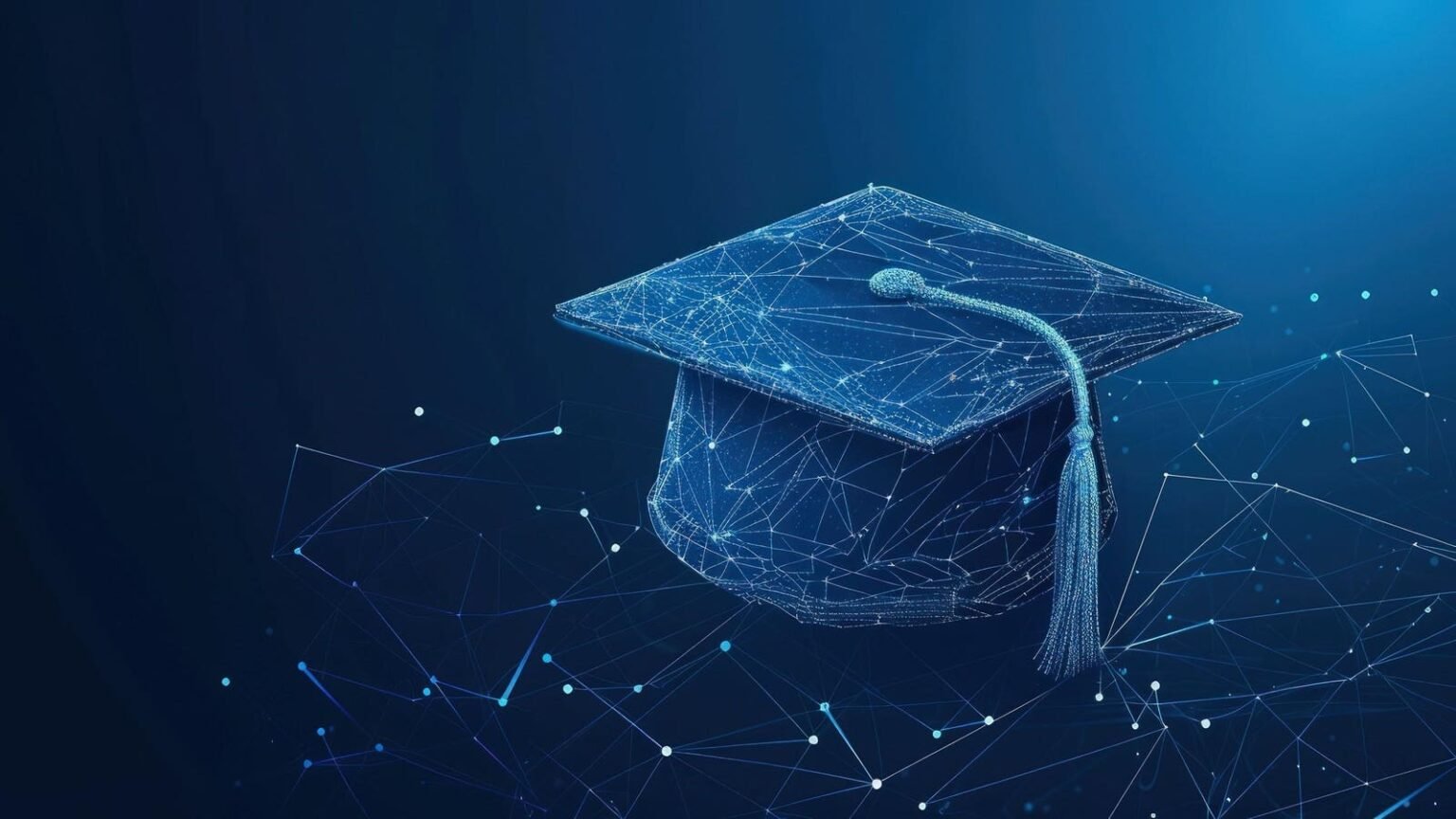Education is rapidly evolving and preparing for a future where ongoing training and upskilling are essential. Technology, particularly artificial intelligence, online learning, and virtual and augmented reality, is already playing a significant role in transforming the way we learn. Looking ahead to 2035, it is clear that education will continue to adapt to these technological advancements.
One dominant trend in education by 2035 will be immersive virtual learning environments. The distinction between the physical and digital worlds will be blurred, allowing for sophisticated simulations, scientific experiments, and virtual exploration. VR and AR technology will be more accessible, providing opportunities for learners of all ages to engage with tutors and fellow students as if they were in the same room. However, educators will face challenges such as increased social isolation and extended screen-time for students.
Another significant trend will be AI-driven adaptive learning. AI will enable personalized learning experiences tailored to individual needs and learning styles. Teachers will have access to tools that assess abilities and create hyper-personalized curriculums. AI mentors will provide emotional support, insights based on biometric data, and adaptive gamification to enhance the learning process. While personalized learning has the potential to improve educational outcomes, privacy concerns and the role of human teachers will need to be addressed.
Neurotechnology and accelerated learning will also impact education by 2035. Brain-computer interfaces (BCIs) could assist students with disabilities and enhance learning processes by monitoring brain activity. Non-invasive forms of BCI may optimize our ability to learn and recall information, potentially accelerating the learning process. However, ethical and security implications of developing technology capable of reading our thoughts will need to be carefully considered.
The concept of lifelong learning will become increasingly important as the idea of a “job for life” becomes obsolete. Graduates in the future will need to adapt to new models of continuous education to stay relevant in a rapidly changing job market. Employers will offer apprenticeship programs and opportunities for upskilling, with education systems supporting on-the-job training and modular learning. Subscription services will cater to personalized educational needs, offering micro and nano-learning opportunities focused on human-centric soft skills.
In conclusion, the future of education will be shaped by advancements in technology, personalized learning experiences, and a shift towards continuous upskilling and lifelong learning. Immersive virtual learning environments, AI-driven adaptive learning, and neurotechnology are just a few of the trends that will revolutionize education by 2035. As society adapts to the changing demands of the workforce, education systems will play a crucial role in preparing individuals for success in a rapidly evolving world.

